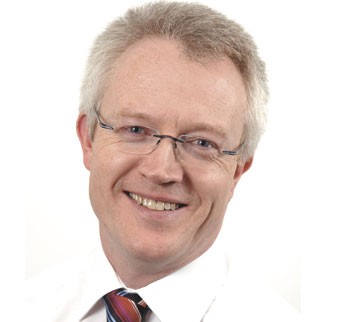New contract pilots overdue says BDA NI
Dental practice commit tee chairman calls for the pilot scheme of new dental contracts to begin as soon as possible
The pilots of new dental contracts in Northern Ireland are long overdue and must begin promptly according to the British Dental Association (BDA).
In response to the Health and Social Care Board’s (HSCB) consultation on the matter, the chairman of the BDA’s Northern Ireland Dental Practice Committee, Peter Crooks, indicated that the association believed the proposed personal dental services scheme would meet the objective of testing the proposed arrangements for dentistry and pressed for progress.
He said: “It’s nearly five years since reform was touted and progress is well overdue. These pilots will take place against a backdrop of financial pressures and will need to take account of the difficult circumstances facing practitioners.
“Nonetheless, Northern Ireland Dental Practice Committee endorses the proposed scheme and looks forward to continuing constructive and meaningful engagement as pilots progress.
“It is important that these pilots are given the time and resources they need so that their effects can be properly understood and a better future delivered for health service dentistry in Northern Ireland.”
The BDA response highlighted the importance that the pilots are allowed to produce a clear picture of both the positive and negative implications of the new arrangements given the current financial climate, as well as the need to understand the effects of elements of the contract relating to payments for patient care, quality and items of service. The association also welcomed the acknowledgement from the HSCB that it will be important to pilot revised charges prior to the implementation of the new definitive contracts.
The HSCB proposal intends to have separate contracts for primary dental care, orthodontics and oral surgery. And, while the BDA agrees with this, it points out that changes to one area will inevitably impact on another. It claims that the ability of practitioners with enhanced training and skills delivering treatments that might otherwise be unavailable to patients in certain areas is of particular importance.

